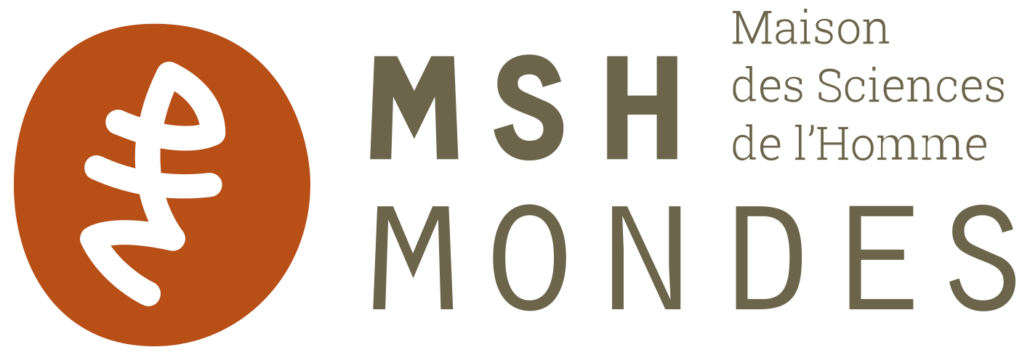| Current library | Call number | Status | Date due | Barcode |
|---|---|---|---|---|
| Rennes : SRA Bretagne et CReAAH CNRS Libre accès | CNRS/ENV-GEN-40 (Browse shelf(Opens below)) | Available | AREN-CNRS-011010 |
Browsing Rennes : SRA Bretagne et CReAAH CNRS shelves, Shelving location: Libre accès Close shelf browser (Hides shelf browser)
| No cover image available | No cover image available | |||||||
| CNRS/ENV-ECO-13 Le changement dans les économies antiques | CNRS/ENV-GEN-38 Le petit âge de glace en Méditerranée | CNRS/ENV-GEN-39 Environment and archeology , an introduction to pleistocene geography | CNRS/ENV-GEN-40 Public archaeology and climate change | CNRS/ENV-GEN-41 Les variations du niveau des mers | CNRS/ENV-GEN-43 L'Environnement au temps de la préhistoire , méthodes et modèles | CNRS/ENV-GEN-44 Face à Gaïa , huit conférences sur le nouveau régime climatique |
Bibliogr. en fin de contribution
Public Archaeology and Climate Change promotes new approaches to studying and managing sites threatened by climate change, specifically actions that engage communities or employ ‘citizen science’ initiatives. Researchers and heritage managers around the world are witnessing severe challenges and developing innovative mechanisms for dealing with them. Increasingly archaeologists are embracing practices learned from the natural heritage sector, which has long worked with the public in practical recording projects. By involving the public in projects and making data accessible, archaeologists are engaging society in the debate on threatened heritage and in wider discussions on climate change. Community involvement also underpins wider climate change adaptation strategies, and citizen science projects can help to influence and inform policy makers. Developing threats to heritage are being experienced around the world, and as this collection of papers will show, new partnerships and collaborations are crossing national boundaries. With examples from across the globe, this selection of 18 papers detail the scale of the problem through a variety of case studies. Together they demonstrate how heritage professionals, working in diverse environments and with distinctive archaeology, are engaging with the public to raise awareness of this threatened resource. Contributors examine differing responses and proactive methodologies for the protection, preservation and recording of sites at risk from natural forces and demonstrate how new approaches can better engage people with sites that are under increasing threat of destruction, thus contributing to the resilience of our shared heritage.








There are no comments on this title.